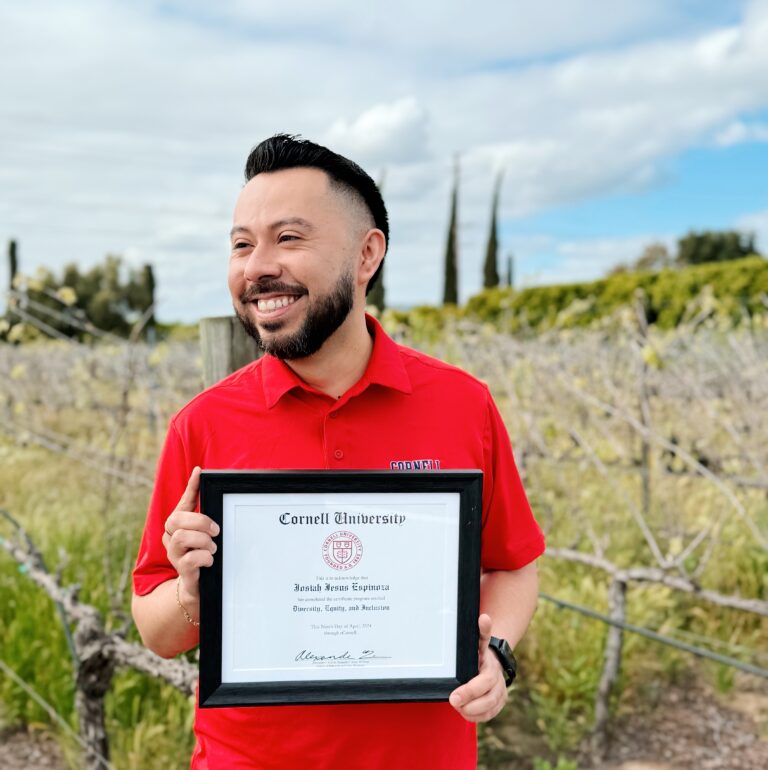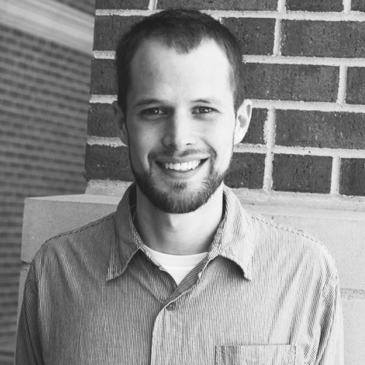Sam Magavern is senior policy fellow at Partnership for the Public Good, a community-based think tank that he co-founded in 2007 and co-directed until 2019. He teaches at University at Buffalo Law School and Cornell University’s ILR School, where he was the Visiting Activist Scholar in 2019-2020. Mr. Magavern serves as the attorney for the City of Buffalo Living Wage Commission and as a commissioner on the Niagara River Greenway Commission. His publications range from scholarly articles to comic books; they include a non-fiction book, “Primo Levi’s Universe,” and a book of poetry, “Noah’s Ark.” Mr. Magavern received his B.A. from Harvard University and his J.D. from UCLA Law.

Equitable Community ChangeCornell Certificate Program
Request More Info
Overview and Courses
In an "equitable community," everyone is included in the full benefits of society. Advancing equitable community change depends on understanding racial, social, spatial, economic, and environmental systems and their biases while, at the same time, developing innovative solutions to seemingly intractable social problems. This certificate program delves into the knowledge and skills needed for individuals like you, working in all sectors of society, to manage development and changes in ways that build more equitable, just, and sustainable communities.
Ultimately, you will discover the deep structural and cultural roots of today’s pressing social, economic, and environmental challenges then work to counteract them in the communities you serve. Throughout this six-course certificate, you will explore and plan social action research and apply course concepts, data, and information to propose policy initiatives and recruitment plans aimed at bringing diverse people and communities together for equitable change.
For the best experience in this program it is recommended to take these courses in the order that they appear.
Course list
- Mar 25, 2026
- May 20, 2026
- Jul 15, 2026
- Sep 9, 2026
- Nov 4, 2026
- Dec 30, 2026
You may feel like the defining challenges of our modern era, such as racial and economic inequality and climate change, are problems that cannot be solved. Perhaps you believe you don't have the agency or power to make this world a better and more equitable place. You may be well intentioned but feel that you just can't do much to create real and lasting change. If you ever want to break this cycle, you need to change the way you think. You need to recognize that you have agency and identify exactly where you can exercise it in pursuit of change that is meaningful and lasting.
This course delves into how you can take part in this important shift by learning to use the tools of systems thinking and power analysis. You will create a map of the system that is generating a persistent racial, social, or economic inequity that you aim to change. Using power analysis, you will then identify those actors and institutions that are supporting or blocking change, and you will determine where in this network of power to exert pressure for change. Finally, you will build a theory of change connecting short-term changes that are possible in the present through a series of logical steps to your vision for a more equitable future.
- Feb 11, 2026
- Apr 8, 2026
- Jun 3, 2026
- Jul 29, 2026
- Sep 23, 2026
- Nov 18, 2026
Organizations and social movements can perform their own research to advance equitable community change. They can discover, collect, use, and disseminate data to support their projects and goals. But any raw data requires processing for it to become useful, valuable information. Such processing includes selective extraction, organization, analysis, and formatting. This processing allows data to reach its potential as powerful and persuasive information. This course introduces you to the processes by which data is analyzed and converted from raw resources into valuable information and knowledge.
The first step of gathering data relevant for an equitable community change project is to clearly formulate the questions you would like to try to answer using data. In this course, you begin by developing strong research questions about a community's social, economic, and environmental conditions and how those conditions change over time. You will then examine how to gather or find reliable data, and make a plan to do so in order to answer a research question. Next, you will discover some basic data analysis techniques and determine whether those techniques could be used to help you answer a research question. Finally, you will reflect on the importance of becoming a critical consumer of data analyses and evaluate data analysis examples.
- Feb 25, 2026
- Apr 22, 2026
- Jun 17, 2026
- Aug 12, 2026
- Oct 7, 2026
- Dec 2, 2026
Policy is an instrument for coordinating people's behavior in various social situations. Public policy, often created and enacted by governments, can be either a source of inequity or a means for advancing equity, depending on its design and effects. In this course, you will use a number of methods to define a problem your community is facing, determine a policy goal you aim to achieve, and identify someone whom you can influence to create change. You will discover how to ensure the policy goals you pursue also help to promote change to the social structures and systems that persistently create inequity. You will examine the limits that laws and social norms put on the types of activism you can use to achieve your policy goals. You will then reflect on examples of groups who have effectively created change and identify the strategies and tactics they used which could also be useful for you.
At the end of the course, you will have developed a policy goal consistent with equitable development as well as a plan for how you could go about achieving that goal, which you can share with others to build collective action for community change.
- Mar 11, 2026
- May 6, 2026
- Jul 1, 2026
- Aug 26, 2026
- Oct 21, 2026
- Dec 16, 2026
- Mar 25, 2026
- May 20, 2026
- Jul 15, 2026
- Sep 9, 2026
- Nov 4, 2026
- Dec 30, 2026
Perhaps you do not see yourself as a "researcher." In reality, however, we all perform some kind of research in our daily lives. Interestingly, the skills you use to navigate through day-to-day choices are the same basic skills you use in social action research projects that aim to define and propose solutions to collective problems.
In this course, you will begin to perform social action research to inform community change efforts. More specifically, you will study what social action research is and how to formulate and execute a plan for your research. Finally, you will explore how to communicate the findings of your research to a target audience who can help you to create equitable social change in the communities you serve. You will also see examples of action research and effective research communications that you can apply in your own research projects.
- Feb 11, 2026
- Apr 8, 2026
- Jun 3, 2026
- Jul 29, 2026
- Sep 23, 2026
- Nov 18, 2026
Request more Info by completing the form below.
How It Works
- View slide #1
- View slide #2
- View slide #3
- View slide #4
- View slide #5
- View slide #6
- View slide #7
- View slide #8
- View slide #9
Faculty Authors
Russell Weaver, Ph.D., is a geographer, quantitative social scientist, and Director of Research at the Cornell ILR School Buffalo Co-Lab. He was previously an associate professor in the Texas State University Department of Geography, where he taught courses in community geography, community development, urban planning, geographic thought, and quantitative data analysis. Dr. Weaver’s research programs are aimed at understanding and contributing to pathways for context-sensitive, sustainable, and equitable community change. He is the lead author of the book “Shrinking Cities: Understanding Urban Decline in the United States.” Find him on Twitter @RustBeltGeo.
Key Course Takeaways
- Identify the causes of inequity and plan to advocate for equitable community change
- Identify how persistent problems have systemic causes and can be resolved through collaborative systems changes
- Examine the role of research in advocating for equitable community change, and create a plan to gather and analyze relevant data
- Develop a policy change proposal that would enable a shift from inequitable to equitable development
- Build a plan to recruit and develop a base of people ready to engage in collective action
- Prepare to engage in social action research to inform community change efforts

Download a Brochure
Not ready to enroll but want to learn more? Download the certificate brochure to review program details.

What You'll Earn
- Equitable Community Change Certificate from Cornell ILR School
- 84 Professional Development Hours (8.4 CEUs)
Watch the Video
Who Should Enroll
- Activists and community development organizers and practitioners
- Policy makers and political staff
- Public interest lawyers and advocates
- Leaders and members of organized labor organizations
- Urban planners and strategic planning agencies
- Social workers
- Grant writers
- Educators
- People interested in engaging in community change
Explore Related Programs
Request Information Now by completing the form below.

Equitable Community Change
| Select Payment Method | Cost |
|---|---|
| $2,500 | |









